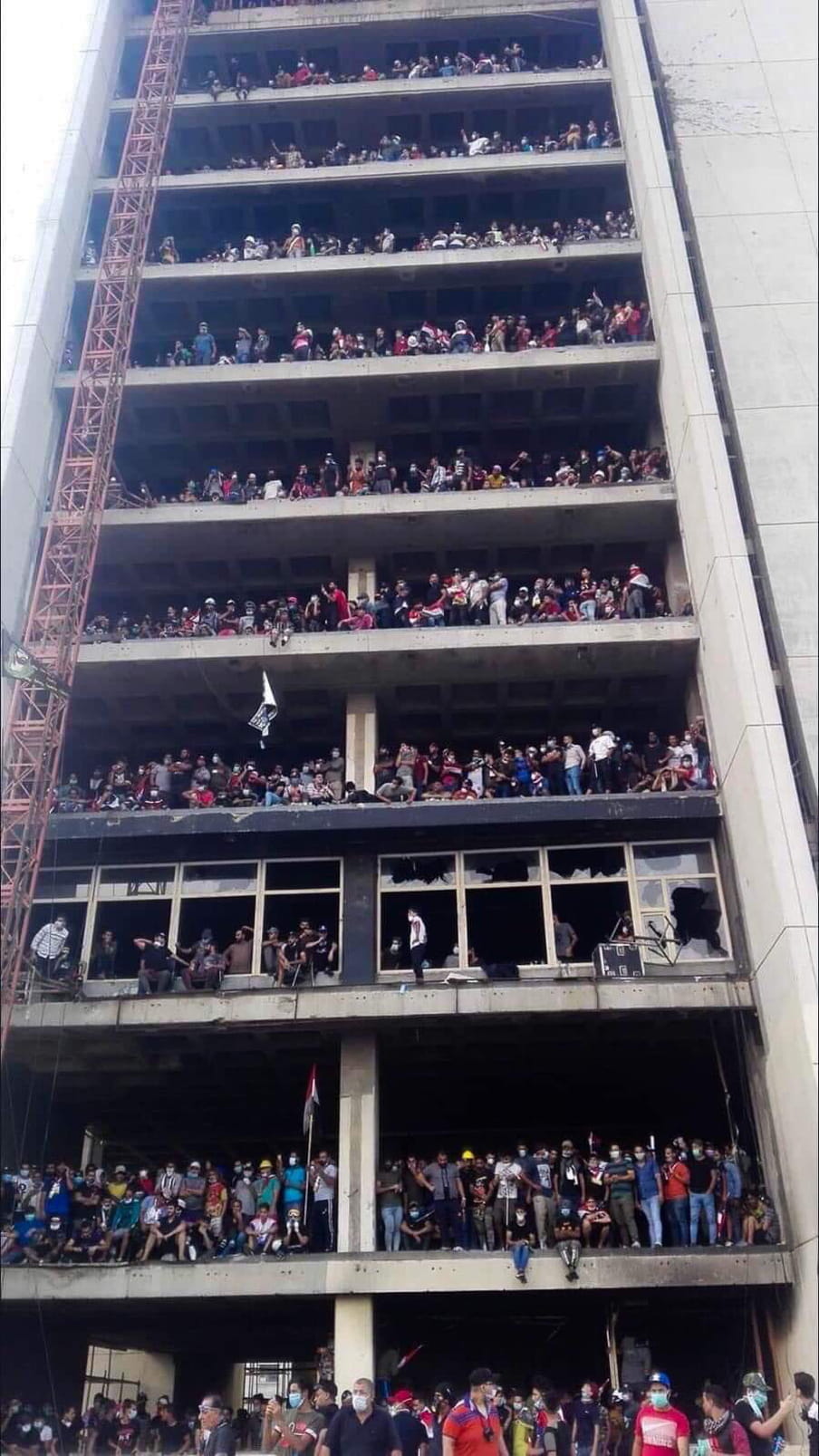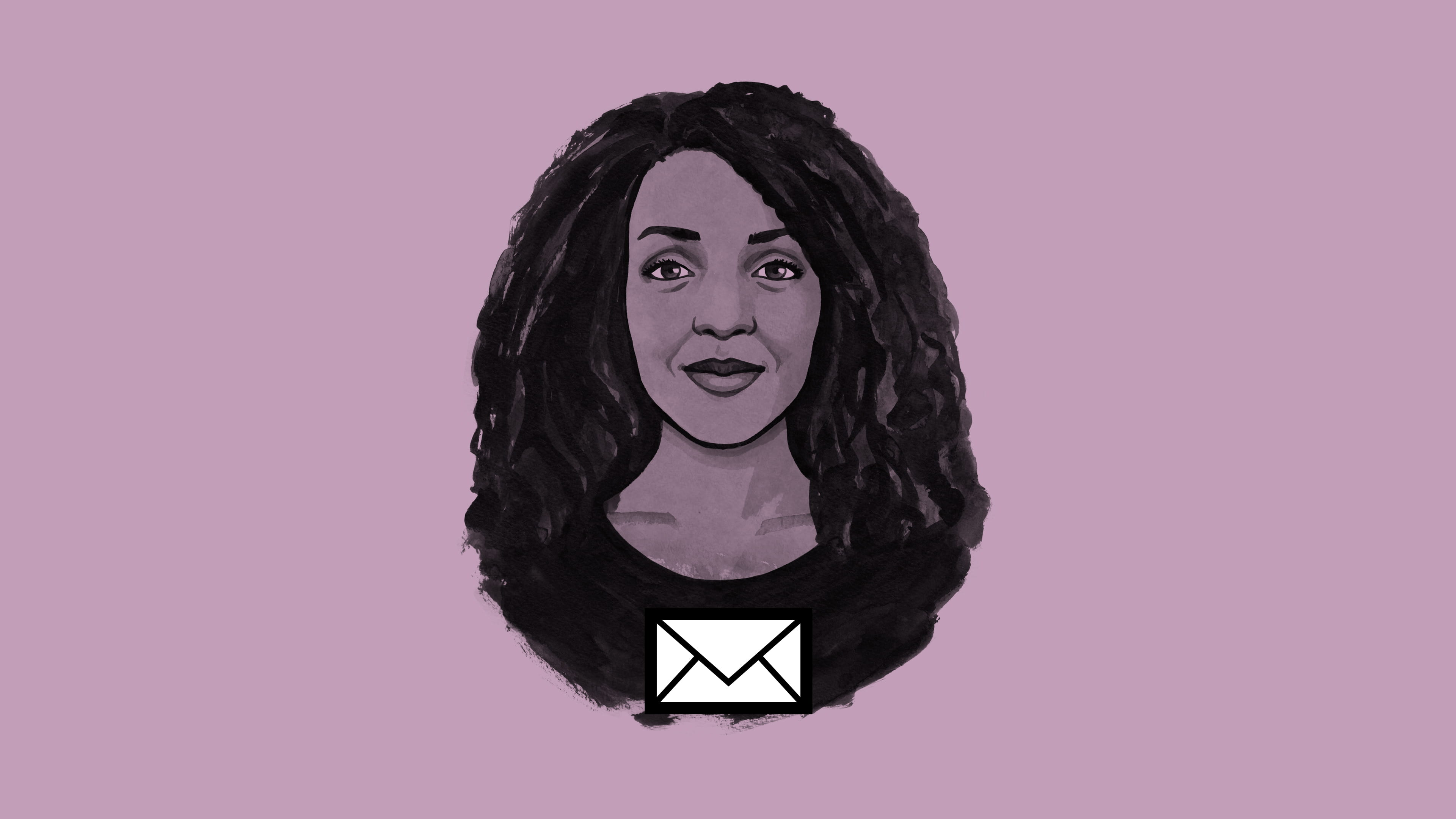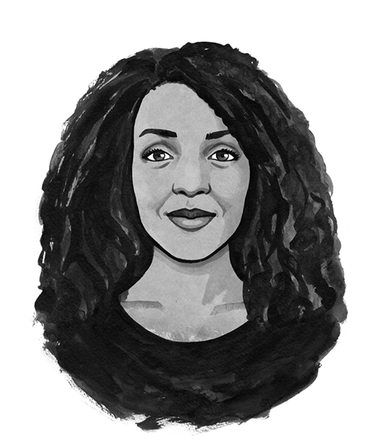Hi,
The month of November officially marks 30 years since the fall of the Berlin Wall. I remember vividly the power of those images.
I was a child in Khartoum where at the time we had no access to the news apart from a bulletin on state TV in the evening, and crackly elusive international radio stations. But once a week there was a dispatch of two magazines, Time and Newsweek, and I would pore over them, reading slowly to make them stretch as far as possible into the week.
The week the Berlin Wall was stormed, I thumbed the magazines several times a day, pausing over the pictures of jubilant Germans, trying to absorb the significance of the moment but still finding it all just out of reach. I can trace my interest in politics clearly to that time, that sense of seeing something historical and hopeful happen, but not being able to fully grasp it. It was an initiation into politics as something radical, transformative, a powerful force of people literally thrusting themselves against the walls and boundaries erected by governments.
On Wednesday, I am taking part in a BBC radio show called The Moral Maze, a live debate on the week’s stories. The topic for this week is how history did not, in fact, end in 1989. In thinking about what I would contribute to the programme I was transported back to those fresh analogue moments in 1989, and the weary defensive position that I suspect many of us are in today.
People power now often just means populism. The triumph of liberal, democratic values has been soured by all the ways it is clear that they can be hijacked in unexpected ways. The future that I imagined is here, in all its technology and efficiency, but seems somehow dystopian, for it has brought with it atomisation, mechanisation, zero hours contracts and unemployment. I found it hard, in brainstorming for the programme, to remember what it felt like to be hopeful.
So I made it a week of vow renewals, a week of dusting off the film of jadedness that had settled after three years of legislative deadlock over Brexit in London.
I looked to the Middle East and North Africa, where reports of the death of the Arab Spring appear to have been greatly exaggerated. To Beirut, where a proposed tax unleashed a wave of protests against corruption that ended with the resignation of the prime minister and his government. To Cairo, where even though thousands have been arrested, protestors venture out once again, this time to take their lives in their hands to protest Abdelfatah el Sisi’s brutal regime. To Iraq, where protestors continue, in the face of live bullets, to object to deteriorating living conditions and corruption. To Algeria, where football songs became chants of political defiance against another corrupt government. And to the music and images of those moments.

It worked. Nineteen eighty-nine is too often seen as the birth of something, rather than just another episode in the struggle against oppression. It shouldn’t be laden with too much meaning when there are far more immediately meaningful moments happening all around us. Better politics is being demanded, if not forged, all the time.
Join me in renewing my vows to hope this week. Please share any moments you have come across or even been a part of that continue to embody the spirit of ‘89.
Nesrine
 Subscribe to my newsletter
I send a weekly newsletter where I write about my journalistic research, share interesting books, articles, or podcasts I’ve found throughout the week, and talk about the ideas and questions surrounding my beat.
Subscribe to my newsletter
I send a weekly newsletter where I write about my journalistic research, share interesting books, articles, or podcasts I’ve found throughout the week, and talk about the ideas and questions surrounding my beat.

